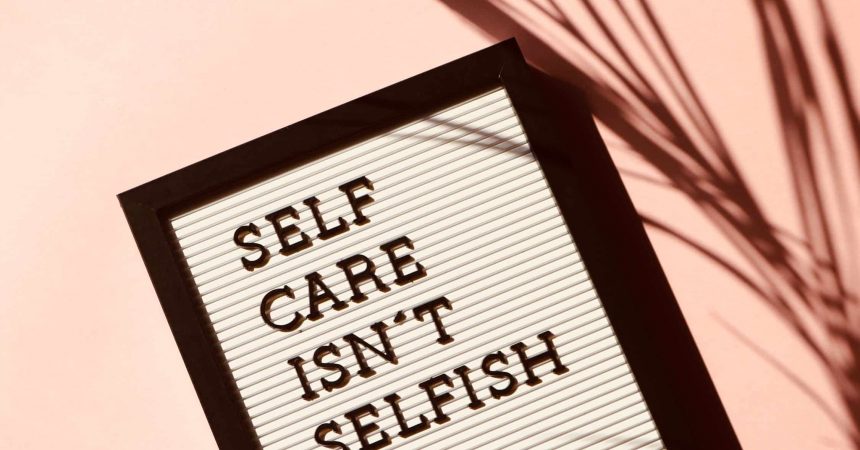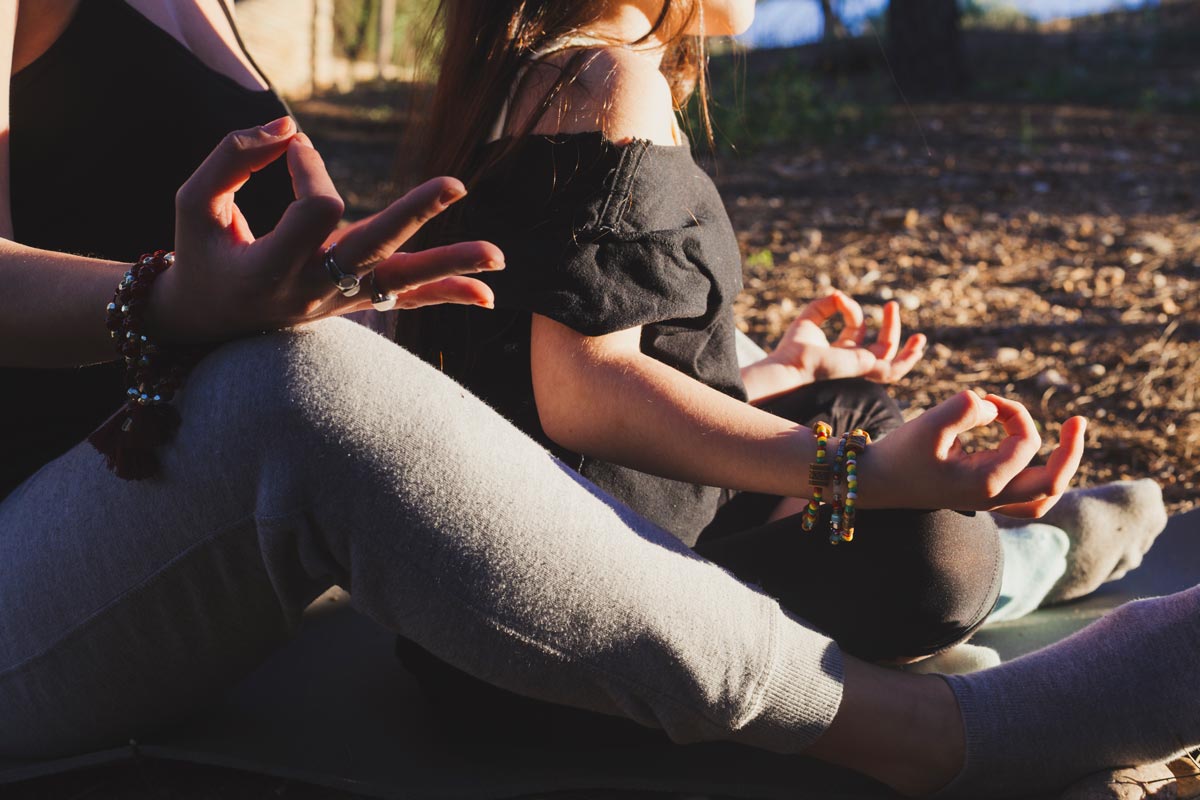If you’re feeling the build-up of nervous energy in your gut, sometimes it’s helpful to run the anxiety out of your system. The endorphins released while engaging in physical activity may help you manage your mental health symptoms. Physical and mental health often affects one another, so creating healthy habits during your recovery includes decisions about your physical well-being too.
Living healthier in body and mind means balancing your healthy choices with your lifestyle. You might want to think about what physical aspects of your life have affected your mental health the most and how you could go about changing them. Everyone’s recovery journey will be different so it’s important that you find tools that help you maintain your physical and emotional health that work with you and your lifestyle.
Physical and Mental Health Correlation
Taking care of your physical health isn’t just about eating right and exercising, but also knowing when to rest. Our bodies need appropriate amounts of sleep and relaxation. Your anxiety may be easily triggered when you are tired or exhausted. Physical exhaustion can turn into emotional exhaustion, leaving you little to no energy to manage your anxiety symptoms, especially when encountering a situation that triggers them.
Likewise, mental health can also negatively impact your physical health. If your anxiety feels paralyzing or you are too depressed to get up, your physical health could be affected by your potential inactivity. There are also physical side effects of anxiety disorders such as nausea, pounding heart or increased heartbeat, shakiness or trembling, feeling weak or fatigued, and muscle tension. Taking care of your physical health may help you mitigate some of these symptoms and even ease feelings of stress or nervousness.
Good Exercise Habits
You want to create an exercise routine for yourself that is flexible with the fluctuation of your schedule. You can exercise as frequently and as intensely as you want, depending on what works for you, your lifestyle, and your skillset. You can exercise for forty minutes or five minutes and exercise doesn’t need to be overly strenuous or difficult. It’s important to exercise without any obsessive weight loss goals or looking to beat your best time.
If you struggle with your relationship with exercise or feel like you don’t have time, you can try finding excuses to move your body within your daily routine in order to get rid of the excess energy caused by your anxiety when you aren’t able to engage in a vigorous exercise routine. For instance, you could go for a brief walk or stretch while you cook, try to keep your focus on feeling better rather than meeting a specific fitness goal. General movement may help you to shake off some depressive, lethargic feelings.
Just like how recovery for mental illness must be taken at your own pace, incorporating exercise into your daily routine must also be done at your own pace. Try to avoid comparing your workout routine or success to others and instead make realistic personal goals for yourself.
Healthy Eating Habits
Certain food items, such as those loaded with sugar or caffeine, may cause you to feel jittery or on edge and can worsen anxiety symptoms. Everyone is different and some people might feel the effects of caffeinated beverages or sugary foods more than others. If you find that you feel especially anxious after consuming certain foods, you may want to restrict or avoid those foods.
Eating healthy is about balance; it’s not about cutting out any food group but about incorporating all food groups appropriately and in a way that fits your lifestyle. Not everyone has time to cook and not everyone enjoys cooking. This may cause some people to resort to unhealthy snacking or microwavable meals. While these options are okay once in a while they are not ideal for an everyday meal plan.
If you struggle to find time to make meals for yourself, try meal prepping on the weekends or the night before. You can look for simple meals that require little preparation, clean up, and are easy to make. Plan when you might need to have takeout or a microwavable dinner when your schedule is the busiest so you can balance these meals with healthier options during other days of the week.
Making large amounts of food at a time to have leftovers for the next day may also help you have a balanced diet. This relieves the pressure of having to cook every day because you can feed off the same meal for possibly a whole week.
Working on your mental health also requires you to work on your physical health because the two are closely linked to one another. Everyone is different and you should work on both your mental and physical health at your own pace because both will take time, patience, and trial and error. At Shoreline Recovery Center, we promote our patients’ physical and mental health by providing yoga and meditation at our facility.
Our professionals strive to understand your individual mental health symptoms in order to create a treatment plan that will address your needs, goals, and allow you to heal at your own pace. While the average stay at Shoreline Recovery Center is 90-120 days, we encourage you to stay at our facility for as long as it takes for you to heal. Shoreline strongly believes that the relationships patients form with their peers will build them a community where people will help one another make healthy choices for their mental and physical well-being. To learn more, please call (866) 278-8495.






